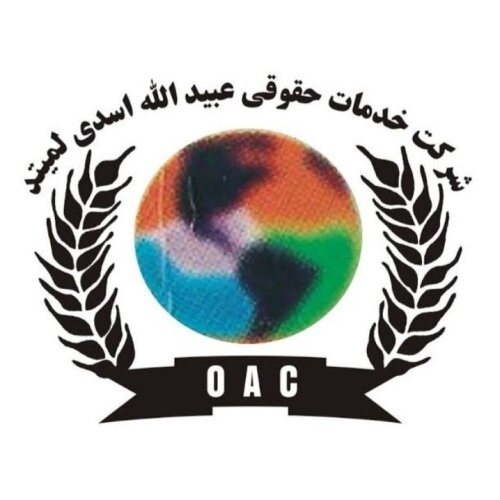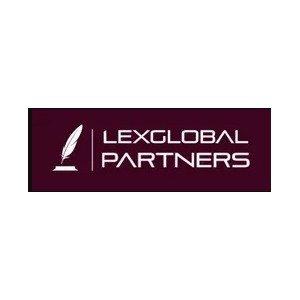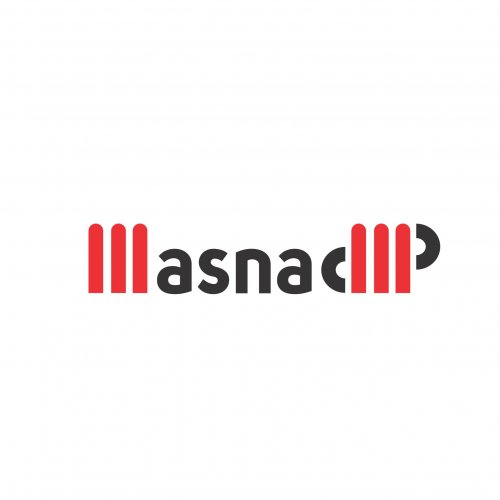Best FDA Law Lawyers in Kabul
Share your needs with us, get contacted by law firms.
Free. Takes 2 min.
List of the best lawyers in Kabul, Afghanistan
About FDA Law in Kabul, Afghanistan
FDA Law in Kabul, Afghanistan refers to the regulations, rules, and guidelines governed by national authorities concerning the safety, efficacy, and quality of food, drugs, cosmetics, and medical devices. The core responsibility rests with Afghanistan’s National Medicine and Healthcare Products Regulatory Authority, previously known as the Afghanistan Food and Drug Administration (AFDA). These laws are crucial for consumer safety, ensuring that products available in Kabul’s markets are verified, tested, and approved before reaching the public. With evolving national policies and notable international influences, FDA Law in Kabul constantly develops to meet global standards while adhering to local needs and religious considerations.
Why You May Need a Lawyer
Engaging a lawyer specialized in FDA Law can be essential in various circumstances. Common scenarios include:
- Registering a pharmaceutical or food product for local sale
- Facing an investigation or enforcement action for non-compliance
- Importing or exporting food and drug products through Kabul’s borders
- Resolving disputes relating to product recalls, labeling, or advertising
- Navigating licensing and permit requirements for businesses in healthcare, food manufacturing, or pharmacy
- Responding to allegations of counterfeit products
- Ensuring compliance with Halal requirements and other religiously informed standards
Local Laws Overview
In Kabul, Afghanistan, FDA Law is shaped primarily by national legislation, ministerial regulations from the Ministry of Public Health, and detailed policies from the National Medicine and Healthcare Products Regulatory Authority. Key aspects include:
- Compulsory registration and inspection of all medical, food, and cosmetic products imported, manufactured, or distributed in Afghanistan
- Strict regulations on product labeling, including requirements on language (Dari and Pashto), ingredients, and expiry dates
- Prohibitions on the sale and distribution of unapprovable, unsafe, expired, or counterfeit goods
- Mandates for good manufacturing practices and quality assurance in all production facilities
- Processes for post-market surveillance, batch recalls, and public safety alerts
- Protections for public health consistent with Islamic principles and consideration of international standards
Frequently Asked Questions
What is the main government agency responsible for FDA Law in Kabul?
The National Medicine and Healthcare Products Regulatory Authority oversees the registration, quality, and safety of food, drugs, medical devices, and cosmetics in Kabul and throughout Afghanistan.
Do I need to register my imported products with local authorities?
Yes, all imported food, medication, medical devices, and cosmetic products must be registered and approved by the regulatory authority before being sold or distributed in Afghanistan.
Are there specific labeling requirements for products?
Yes, product labels must include accurate information in Dari and Pashto and must clearly state ingredients, manufacturing date, expiry date, and country of origin.
Can traditional medicines be sold without registration?
No, all medicinal products, including traditional and herbal medicines, require registration and approval, ensuring safety and efficacy for the public.
What happens if I do not comply with FDA regulations?
Non-compliance may result in fines, product seizures, business closure, criminal prosecution, or bans on future operations within Afghanistan.
How can I check if my product is compliant?
You should consult the regulatory authority’s published lists or seek qualified legal assistance to confirm compliance with all import, registration, and labeling requirements.
Can I get approval to export local products abroad?
Yes, but you will need to comply with the destination country’s laws as well as Afghanistan’s requirements for product safety and documentation.
What is the process for a product recall?
If a product is found to be unsafe or non-compliant, the regulatory authority will issue a recall. As a business, you must cooperate fully with investigations and take swift action to remove the product from marketplaces.
Are Halal certifications required?
For many food and pharmaceutical products, Halal certification may be necessary to comply with both legal and consumer expectations in Afghanistan.
Where can I find updated regulations and guidelines?
Up-to-date laws and guidelines can be obtained from the National Medicine and Healthcare Products Regulatory Authority or the Ministry of Public Health. Legal professionals specializing in FDA Law can also provide guidance.
Additional Resources
If you need more information or support with FDA Law matters in Kabul, the following resources may help:
- National Medicine and Healthcare Products Regulatory Authority - Regulatory body for FDA matters
- Ministry of Public Health, Islamic Republic of Afghanistan - Main government agency for public health policies
- Afghanistan Chamber of Commerce and Investment - For business-related guidance and export-import compliance
- Legally recognized law firms with pharmaceutical or medical law expertise in Kabul
- Universities offering law or pharmacy advisory panels
Next Steps
If you require legal assistance with an FDA Law issue in Kabul, Afghanistan:
- Identify your specific need - whether it relates to product registration, business licensing, compliance checks, or dispute resolution
- Gather all relevant documentation, such as product labels, certificates, correspondence with authorities, and import-export records
- Consult a lawyer or a qualified legal advisor with FDA Law experience in Afghanistan as soon as possible
- Follow legal advice carefully and maintain detailed records of all your compliance actions
- Stay up-to-date with changes in regulations by subscribing to updates from governmental bodies or reliable legal resources
Lawzana helps you find the best lawyers and law firms in Kabul through a curated and pre-screened list of qualified legal professionals. Our platform offers rankings and detailed profiles of attorneys and law firms, allowing you to compare based on practice areas, including FDA Law, experience, and client feedback.
Each profile includes a description of the firm's areas of practice, client reviews, team members and partners, year of establishment, spoken languages, office locations, contact information, social media presence, and any published articles or resources. Most firms on our platform speak English and are experienced in both local and international legal matters.
Get a quote from top-rated law firms in Kabul, Afghanistan — quickly, securely, and without unnecessary hassle.
Disclaimer:
The information provided on this page is for general informational purposes only and does not constitute legal advice. While we strive to ensure the accuracy and relevance of the content, legal information may change over time, and interpretations of the law can vary. You should always consult with a qualified legal professional for advice specific to your situation.
We disclaim all liability for actions taken or not taken based on the content of this page. If you believe any information is incorrect or outdated, please contact us, and we will review and update it where appropriate.













